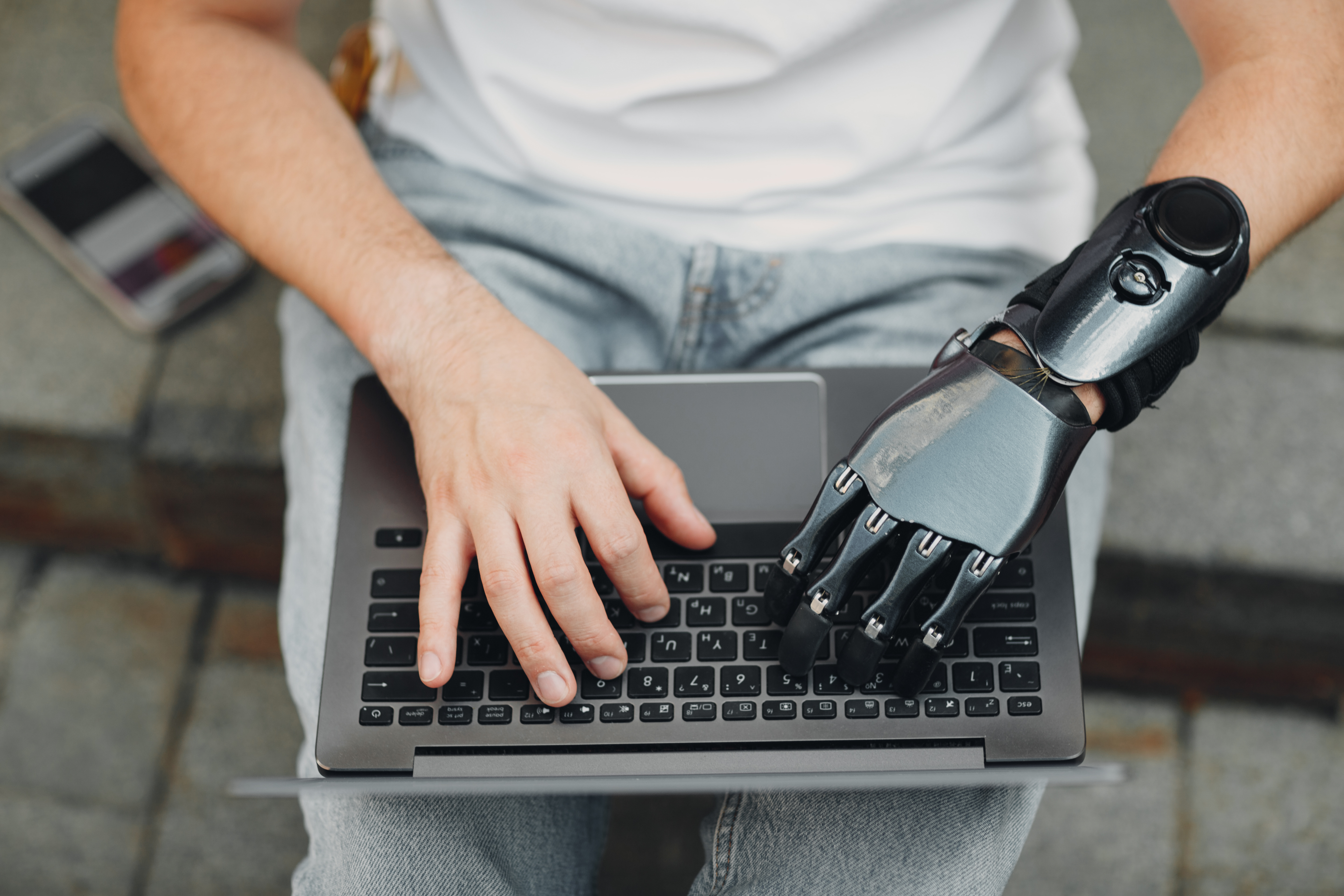The Complex Challenge: Why Medical Translations Cannot Be Fully Replaced by AI
Medical Pharmaceutical Translations • Nov 13, 2023 12:00:00 AM

In recent years, the field of artificial intelligence (AI) has made remarkable advancements, leading to its integration into various industries. One such application is language translation, where AI-powered tools have demonstrated impressive capabilities. However, when it comes to medical translations, the situation becomes significantly more intricate. Medical translation is a specialized field that demands accuracy, cultural sensitivity, and domain expertise, making it an area where human translators continue to play an irreplaceable role.
Contextual Understanding
Medical language is highly technical and context-dependent. Medical terms often have multiple interpretations and can be influenced by the surrounding context. Human translators possess the ability to understand nuances, consider the broader medical context, and accurately convey the intended meaning. AI, while proficient in language patterns, lacks the inherent grasp of medical jargon's intricacies, leading to potential misinterpretations that could have severe consequences.
Cultural Nuances
Language is not only about words; it's deeply intertwined with culture. Medical translations must consider cultural norms, beliefs, and practices that may vary across regions. A proficient human translator possesses the cultural awareness necessary to navigate these nuances, ensuring that the translation is not only accurate but also respectful and appropriate. AI lacks the cultural understanding that humans naturally possess, making it prone to producing translations that might be technically correct but culturally inappropriate.
Constantly Evolving Medical Knowledge
The medical field is rapidly evolving, with new research, treatments, and terminologies constantly emerging. Human medical translators stay updated with these changes, allowing them to provide accurate and up-to-date translations. AI, however, relies on the data it was trained on and might not be equipped to handle new medical terms or breakthroughs that have occurred after its training period.
Ambiguity and Contextual Ambivalence
Medical documents often contain ambiguous phrases or words that require a deep understanding of the context to interpret correctly. Human translators can make informed decisions based on the context, while AI might struggle with such ambiguity. Additionally, medical texts can sometimes intentionally use vague language to convey a degree of uncertainty, something that AI might not grasp as effectively as human translators can.
Ethical and Legal Considerations
Medical translations are not just about linguistic accuracy; they also carry ethical and legal implications. Mistakes in medical translations could lead to severe consequences, including misdiagnoses, incorrect treatments, or even legal disputes. Human translators are held accountable for their work and adhere to professional standards and codes of ethics. AI, however, lacks a sense of accountability and responsibility, which makes it challenging to ensure the quality and accuracy of medical translations.
Conclusion
While AI has revolutionized many aspects of language translation, it falls short in adequately addressing the complexities and sensitivities of medical translations. The specialized nature of medical language, coupled with the need for cultural awareness, accuracy, and context comprehension, continues to underscore the indispensable role of human translators in this domain. As technology advances, a collaborative approach that leverages AI for certain tasks while relying on human expertise for critical medical translations seems to be the most promising way forward.
